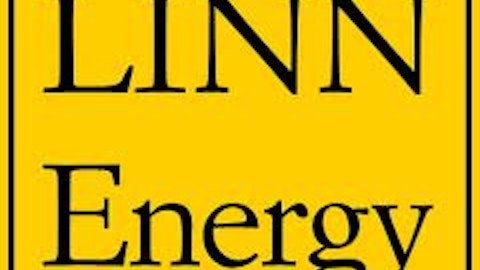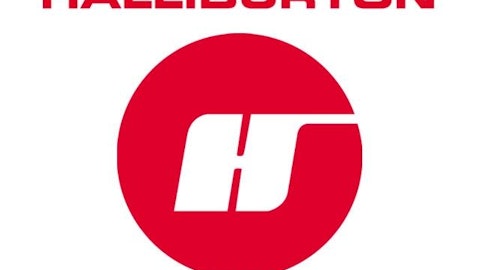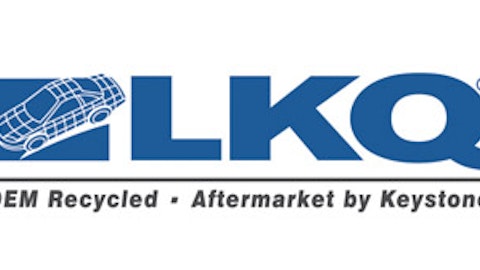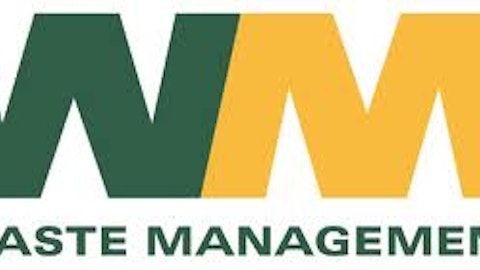
Single stream recycling
More cities are looking to make it easier to recycle by signing contracts with trash haulers to implement single stream recycling. Single stream recycling is just what it sounds like, all of the recyclable products are deposited in the same barrel and picked up by the hauler. This typically allows more types of papers, plastics, and metals to be recycled than traditional recycling. In 2012, Waste Management, Inc. (NYSE:WM) opened up seven new single stream recycling facilities helping it recycle over 9 million tons last year.
Waste Management, Inc. (NYSE:WM)’s nearest competitor is Republic Services, Inc. (NYSE:RSG). Republic Services is just over half the size of Waste Management with a market cap of $12.6 billion. Republic Services, Inc. (NYSE:RSG)’ size gives it less scrutiny when it comes to acquisitions. Last year, Republic Services, Inc. (NYSE:RSG) spent $100 million on acquisitions that have yearly EBITDA of $23 million. Republic services is slowly following the footsteps of Waste Management by increasing the use of natural gas in its fleet and the number of landfill gas projects.
Fleet conversion
At the end of 2012 Waste Management, Inc. (NYSE:WM) had over 2,000 trucks, or 13% of their fleet converted to use compressed natural gas. For every heavy-duty collection truck that is converted, Waste Management, Inc. (NYSE:WM) reduces its diesel consumption by 8,000 gallons per year. At the end of 2012, Waste Management, Inc. (NYSE:WM) had over 40 fueling stations, with 15 of them also serving the public. By comparison, Republic Services has 8% of their fleet converted to natural gas, and operates 21 fueling stations, four of which are opened to the public. These fueling stations open to the public are exactly what companies like Kinder Morgan Energy Partners LP (NYSE:KMP) are pushing for.
Kinder Morgan Energy Partners LP (NYSE:KMP) is a midstream pipeline company that profits when natural gas is moved from a well to consumers or businesses. Kinder Morgan has over 37,000 miles of pipeline terminals and operates storage facilities essential for natural gas distribution. Kinder Morgan makes the bulk of its money from fees paid based on the amount of natural gas it moves. The more natural gas that the U.S. generates and uses, the more profit Kinder Morgan makes.
Kinder Morgan has operating margins of 27% and pays out at least 90% of its free cash flow in the form of a distribution. Kinder Morgan is a partnership that is bound to pay out most of its profits to its unit holders, and comes with tax implications for its investors. Kinder Morgan currently pays out a 6% distribution which is expected to rise as more natural gas is sent through its pipelines. As more companies convert truck fleets to natural gas, Kinder Morgan Energy Partners LP (NYSE:KMP)’s shareholders will be handsomely rewarded.




